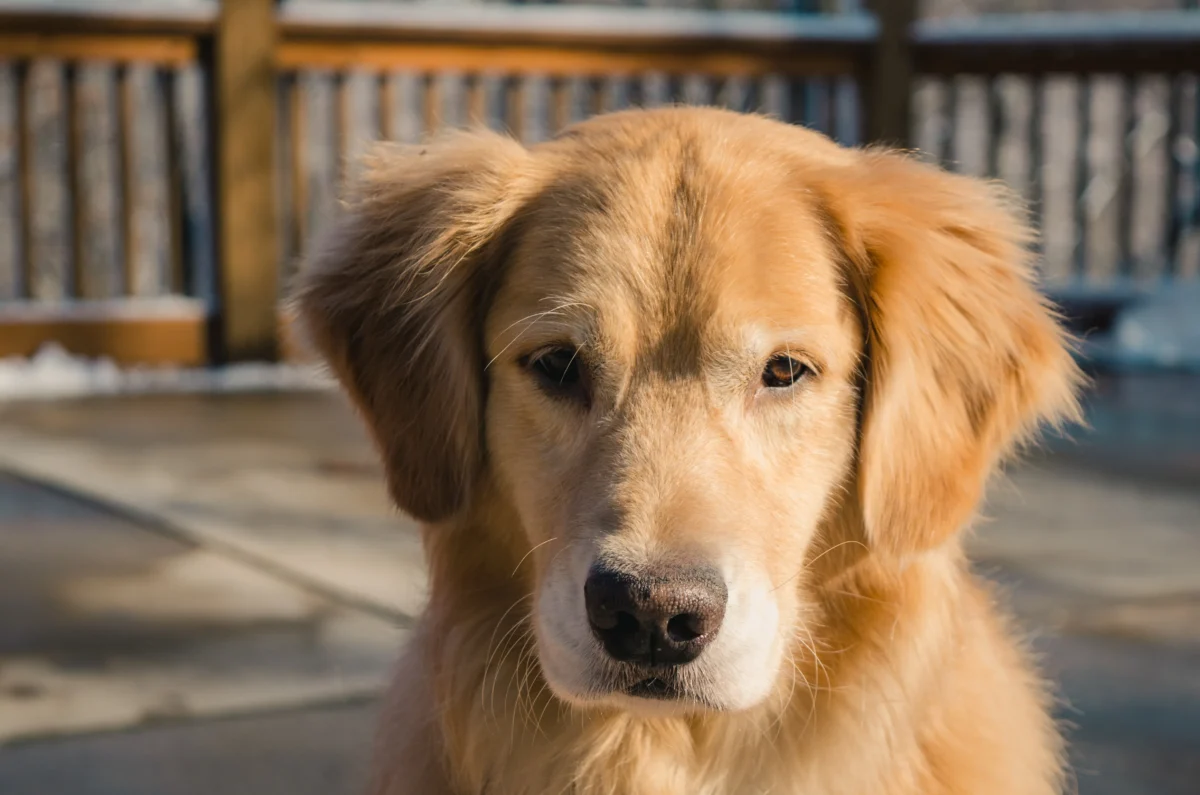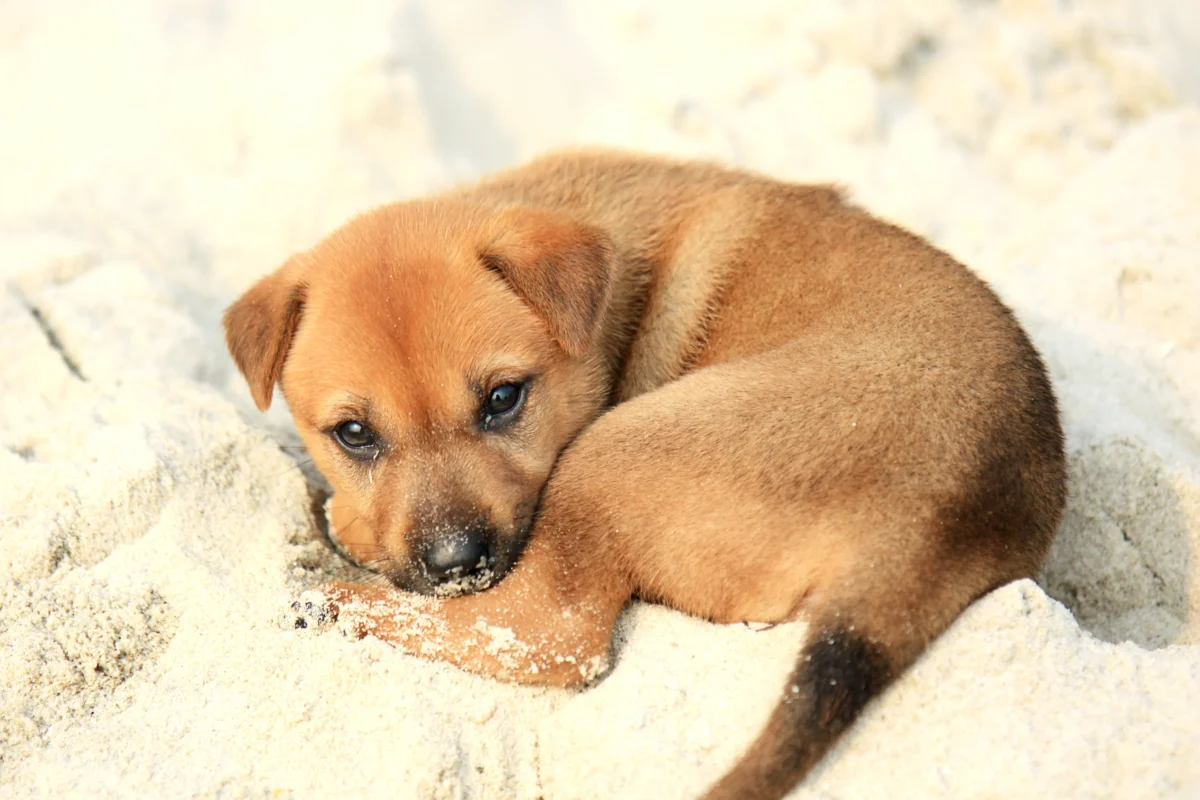Rawhide chews are a popular dog treat, but there is debate over whether they suit dogs. Some people believe that rawhide is bad for dogs because it can be a choking hazard, while others believe it can help clean teeth and provide essential nutrients. So, what is the truth? Is rawhide bad for dogs, or is it good for them?
What Are Rawhide Chews?
Rawhide chews are made from the inner layer of cow or bull hide. This layer is then treated with chemicals to make it more pliable and easier to chew. Rawhide chews come in various shapes and sizes, and some even contain flavorings to make them more appealing to dogs.
Risks Associated with Rawhide
Rawhide chews are popular with dogs and their owners for several reasons. They’re long-lasting, help keep teeth clean, and give dogs something to chew on when they’re bored or anxious. However, rawhide chews also come with a few risks.
Choking Hazards
Unlike other dog chews, rawhide is not easily digested by the stomach. If your dog swallows large pieces of rawhide, it can cause a blockage in the intestines or even choke on it. For this reason, keep an eye on your dog while chewing on rawhide and ensure he doesn’t swallow any large pieces.
You should also avoid giving rawhide to puppies or tiny dogs, as they are likelier to choke on it. If you give your dog rawhide chews, be sure to choose a size and type that is appropriate for their size and chewing habits.
Breeding Ground for Bacteria
Additionally, rawhide can be a breeding ground for bacteria, and some dogs may be allergic to the chemicals used in its manufacturing. The bacteria in the mouth can contaminate the rawhide and cause an infection.
Contact your veterinarian immediately if you notice any redness, swelling, or discharge from your dog’s mouth. Due to this crucial reason, make sure to purchase rawhide chews made from natural ingredients and avoid those containing chemicals or other additives.
Stomach Infection
Another common risk of rawhide is stomach infection, such as vomiting and diarrhea. There are a few different ways that rawhide can cause these symptoms. The first is if the rawhide is not sourced correctly. Rawhide chews are made from the hides of cows, horses, or pigs. If these animals were not raised in clean conditions, their hides could be contaminated with bacteria or parasites that can cause dog illness.
The second way rawhide can cause illness is if it is not properly processed. Rawhide should be treated with chemicals to kill any bacteria or parasites that may be present. If this step is not taken, your dog could become ill from chewing on rawhide.
Benefits of Rawhide
Despite the potential risks, rawhide chews do have some benefits for dogs. The main benefit of rawhide is that it satisfies your dog’s natural chewing instinct. It can help clean teeth and massage gums, providing essential nutrients like protein and fat.
Rawhide is also a good source of zinc, iron, and copper, essential minerals for a healthy dog diet. These minerals help promote a healthy coat and skin and can also aid in the development of strong bones and teeth. Rawhide chews can also help clean your dog’s teeth by scraping away plaque and tartar buildup.
At last, it can also help relieve boredom or anxiety. If your dog is a heavy chewer, you may consider investing in a more challenging rawhide chew, such as a knotted rawhide.
Tips to Give Rawhide to Your Dog Safely
Giving your dog a rawhide can be a great way to help clean their teeth and keep them entertained. However, it’s essential to make sure you’re giving them rawhide in a safe way. Here are some tips:
Choose the Right Size
Rawhide comes in all different sizes, so you’ll want to make sure you choose one that’s appropriate for your dog. If it’s too big, they could choke on it. If it’s too small, they might be able to swallow it whole.

Supervise Them
« The Ultimate Guide to Potty Training Your Golden Retriever Puppy
Do Golden Retrievers Bite? »
It’s important always to supervise your dog when they’re eating rawhide. This way, you can ensure they’re not choking or swallowing it whole.
Be Cautious with Flavors
Some rawhides are flavored with things like chicken or beef. While these might be tempting for your dog, they can also be a choking hazard. Stick to plain rawhide if possible.
Avoid Giving Them Too Much
Like anything else, you don’t want to give your dog too much rawhide. It’s best to give them just a few pieces at a time and then take them away when they’re done.
Dispose of it Properly
Once your dog is done with the rawhide, you’ll want to ensure you dispose of it properly. Don’t just leave it lying around where they could find it and eat it again.
Following these tips will help you safely give your dog rawhide. Always supervise them and be cautious with the amount you give them.
Some Alternatives of Rawhide
To keep your dog entertained and away from chewing on rawhide, it’s essential to provide them with plenty of chew toys. But with so many options on the market, it can be hard to decide which ones are best for your pup. Here are a few of the best things for a dog to chew on instead of rawhide:
Nylabones
Nylabones are an excellent option for dogs who like to chew. They come in various flavors and textures, so you can find one that your pup will love. They’re also durable, so they’ll last longer than other types of dog chews.
Antlers
Antlers are a natural option for dogs who like to chew. They’re full of calcium and other minerals that are good for your dog’s health. And they’re tough, so they’ll last longer than other types of chews.
Kong Toys
Kong toys are another great option for dogs who like to chew. They’re made of rubber, durable, and will last longer than other chews. Plus, they’re bouncy, so your dog will enjoy playing with them.
Bottom Line
So, is rawhide bad for dogs? While some risks are associated with rawhide chews, they can also benefit your dog. Just be sure to select natural, chemical-free rawhide chews and supervise your dog while he is chewing.










